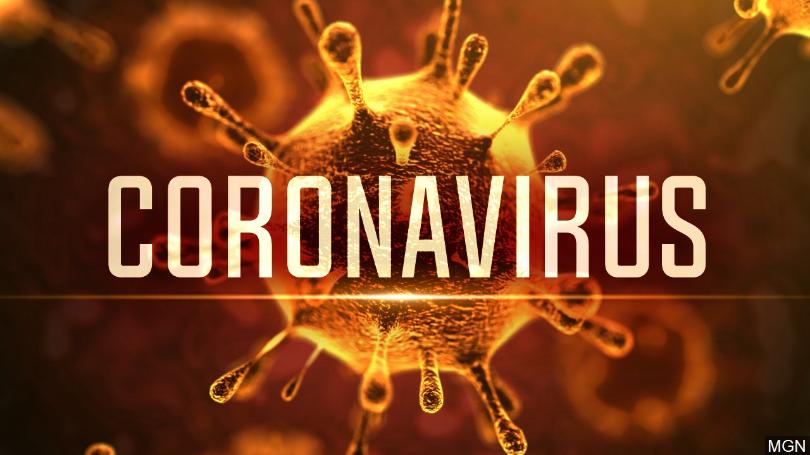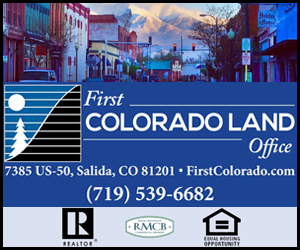Two lab-confirmed cases of COVID-19 have been confirmed in the San Luis Valley.
This has prompted questions about what happens next and how Valley residents can best protect themselves.
Public Health officials are quick to point out that just because they have two lab-confirmed positive tests does not mean that there are only two cases of COVID-19 in the San Luis Valley.
Nationwide, test supplies are limited and not everyone who has possible COVID-19 symptoms is being tested. In fact, some people with COVID-19 do not have symptoms significant enough to prompt them to call a doctor. Those people can all potentially spread the virus to others. This is called “community spread” and it is present in the San Luis Valley.
Normal practice in a disease outbreak is to do what is called contact tracing. This involves interviewing the person who has tested positive to see where they have been and whom they have had close contact with during the period when they are infectious, and then contacting those people to advise them on how to isolate or quarantine to prevent the disease from spreading.
However, this is not a normal outbreak. As the COVID-19 pandemic progresses, we have moved quickly past the stage where contact tracing is the most effective approach, and into a new stage where the emphasis is on slowing down community spread. This is when we assume that many people in the community may unknowingly spread the disease to others, so we see things like school closures, public health orders to restrict public gatherings, and wide-scale information campaigns to tell people to put physical distance between themselves and others. We are already at that stage.
SLV Epidemiologist Lilian Coll is an expert in contagious diseases. Her best advice to everyone, healthy or not, is this: “Stay home. Stay home, and do not invite visitors over. Just stay home as much as possible. Wash your hands. Don’t touch your face. If you must go out, keep at least 6 feet of distance between yourself and other people. All of the things we have been advising people to do every day, that is still what we need everyone to do. The more strictly we all follow this advice, the better we will get through this.”
If you have any symptoms — even mild ones — public health urges you to stay home and isolate yourself until:
- You have had no fever for at least 72 hours (without the use of medicine) AND
- Other symptoms (cough, shortness of breath) have improved AND
- At least 7 days have passed since your symptoms first appeared.
- If you are sick, anyone in your household who has had close contact with you (within six feet for approximately 10 minutes) should self-quarantine for 14 days, even if you haven’t been tested for COVID-19.
If you have a medical emergency, call 911. If you have severe respiratory symptoms, especially shortness of breath or difficulty breathing, tell the 911 dispatcher about your symptoms. Do not wait for a COVID-19 test to call 911.
SLV COVID-19 Information Line 719-480-8719
CO HELP line 1-877-462-2911 (English and Spanish)
Colorado updates and guidance: https://covid19.colorado.gov
CDC updates and guidance: https://www.cdc.gov/coronavirus
Small Business – www.choosecolorado.com
Volunteer or Donate – www.helpcoloradonow.org





